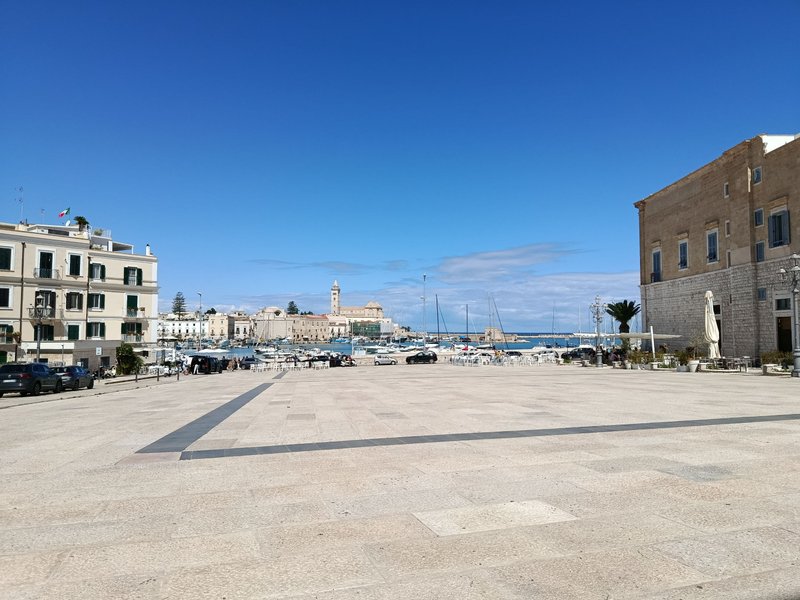How happy are we really?
1 comment
Living a happy life is any person's goal, but what determines happiness? According to a survey by the agency
63% of the world population say they are happy, despite the pandemic has definitely affected our lifestyle.The study looked at 29 potential sources of happiness and, globally, the top 5 sources cited are:
- Health / physical well-being (55%).
- The relationship with the partner (49%).
- The children (49%).
- Feeling that their life has meaning and significance (48%).
- Quality of life (45%)

Happiness is the engine of life, the driving force that allows you to wake up every morning and fall asleep in the evening in a peaceful way. Although this is a condition that may be obvious to many, for 37% of the world's population it is not, and that is over 2 billion people.
Here are the three factors that are the cause of discontent
- Personal financial situation
- The amount of free time available
- New political leadership in my country
The economic factor is unfortunately a very common cause, not only in poor countries, but also in more industrialized countries. Unemployment makes man frustrated, intolerant of life and often leads to acts of violence, conditioning the happiness of others. A fairer economic distribution would most likely increase the percentage of the population happy.
It should be noted that the survey was not possible in some areas of the world such as Africa and part of the Asian, European and South American regions, so the data probably concerns just over half of the world population.
Another negative factor is the amount of free time: here the world of work comes into play, which takes up most of our days, and often causes discomfort because without money it is not possible to live and often the work is underpaid for which it is you need to work much more than you should to get good pay Time often taken away from the family, which in turn develops a certain malaise towards society.
Political leadership is the third cause of malaise: in many countries the government is dictatorial or military and this implies extreme living conditions, such as the total lack of freedom, from movement to speech, and therefore to censorship. Living in a world similar to a prison is not at all beautiful and this deeply affects the population, forced to obey in order not to suffer punishment and increase the level of discomfort.
Some may decide how to live their life, others may not. The concept of free will is very relative because every decision we make, especially if it conflicts with the generic ideal, determines an often counterproductive cause, for which we often have to fight to impose our ideals, and where there is a struggle there are revolts. , hatred and violence.
Sometimes we choose happiness but other times we don't choose it.
Thanks for reading my post
ITA
Vivere una vita felice è l'obiettivo di qualsiasi persona, ma cosa determina la felicità? Secondo un sondaggio dell'agenzia
il 63% della popolazione mondiale dichiara di essere felice, nonostante la pandemia abbia decisamente intaccato il nostro stile di vita.Lo studio ha analizzato 29 potenziali fonti di felicità e, a livello globale, le prime 5 fonti citate sono:
- Salute/benessere fisico (55%).
- Il rapporto con il partner (49%).
- I figli (49%).
- Sentire che la propria vita abbia senso e significato (48%).
- Qualità di vita (45%)

La felicità è il motore della vita, la forza trainante che consente di svegliarsi ogni mattina e di addormentarsi la sera in modo sereno. Sebbene sia una condizione che per molti potrà risultare ovvia, per il 37 % della popolazione mondiale non lo è, e si tratta di oltre 2 miliardi di persone.
Ecco i tre fattori che sono la causa dello scontento
- Situazione finanziaria personale
- La quantità di tempo libero a disposizione
- Nuova leadership politica nel mio Paese
Il fattore economico è purtroppo una causa molto comune, non solo nei paesi poveri, ma anche nei paesi più industrializzati. La disoccupazione rende l'uomo frustrato, intollerante alla vita e spesso determinano atti di violenza, condizionando la felicità altrui. Una più equa distribuzione economica molto probabilmente aumenterebbe la percentuale della popolazione felice.
Ebbene sottolineare come il sondaggio non è stato possibile effettuarlo in alcune aree mondiali come l'Africa e parte delle regioni asiatiche, europee e sud americane, quindi il dato riguarda probabilmente poco più della metà della popolazione mondiale.
Un altro fattore negativo è la quantità di tempo libero: qui entra in gioco il mondo del lavoro, che occupa gran parte delle nostre giornate, e spesso è causa di sconforto perchè senza denaro non è possibile vivere e spesso i lavoro sono sottopagati per cui è necessario lavorare molto più del dovuto per ottenere una buona paga. Tempo sottratto spesso alla famiglia, che a sua volta sviluppa un certo malessere nei confronti della società.
La leadership politica è la terza causa di malessere: in molti paesi il governo è dittatoriale o militare e ciò implica condizioni di vita estreme, come ad esempio la totale mancanza della libertà, dal movimento alla parola, e quindi alla censura. Vivere in un mondo simile ad una prigione non è per nulla bello e questo incide profondamente sulla popolazione, costretta ad ubbidire per non subire punizioni ed incrementare il livello di disagio.
Alcuni possono decidere come vivere la propria vita, altri invece no. Il concetto di libero arbitrio è molto relativo poichè ogni nostra decisione, in special modo se contrasta l'ideale generico, determina una causa spesso controproducente, per cui spesso bisogna lottare per imporre i propri ideali, e dove c'è una lotta ci sono rivolte, odio e violenza.
La felicità alcune volte ce la scegliamo ma altre volte non siamo noi a sceglierla.
Grazie per aver letto il mio post




Comments